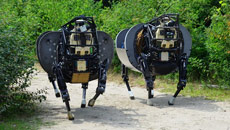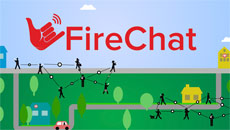In the era of unprecedented quantities of information via web, mobile and other internet-based operations, here comes a new device that can help neuroscientists make sense of the "big data".
Called Thunder - a library of tools developed at the Maryland-based nonprofit Howard Hughes Medical Institute's Janelia Research Campus - it speeds the analysis of data sets that are so large and complex they would take days or weeks to analyze on a single workstation, if a single workstation could do it at all.
Researchers claim they have used Thunder to quickly find patterns in high-resolution images collected from the brains of active zebrafish and mice with multiple imaging techniques.
"Using Thunder, we analysed images of the brain in minutes, interacting with and revising analyses without the lengthy delays associated with previous methods," said Janelia Research Campus group leaders Jeremy Freeman, Misha Ahrens and other colleagues.
"Being able to apply analyses quickly - one after the other - is important. Speed gives us more flexibility to explore and get new ideas," Freeman added in a report appeared in the journal Nature Methods.
That is why trying to analyae neuroscience data with slow computational tools can be so frustrating.
"For some analyses, you can load the data, start it running, and then come back the next day. But if you need to tweak the analysis and run it again, then you have to wait another night," Ahrens noted.
For larger data sets, the lag time might be weeks or months.
Thunder can run on a private cluster or on Amazon's cloud computing services.





